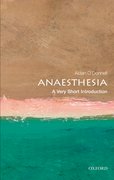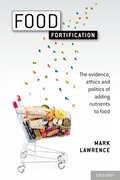Matching our cognitive brain span to our extended lifespan
By Dr. Sandra B. Chapman
Among adults over 50, “staying mentally sharp” out ranks social security and physical health as the top priority and concern in the United States. Many individuals will live to be 100 or older, requiring their brains to remain at peak performance for another whole lifetime. Unfortunately, science shows cognitive decline begins at age 42.











